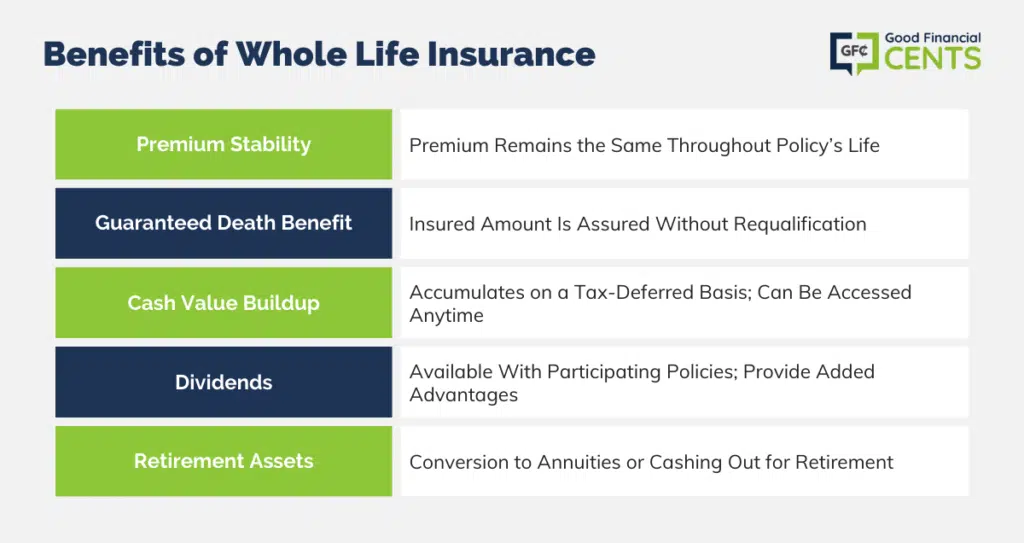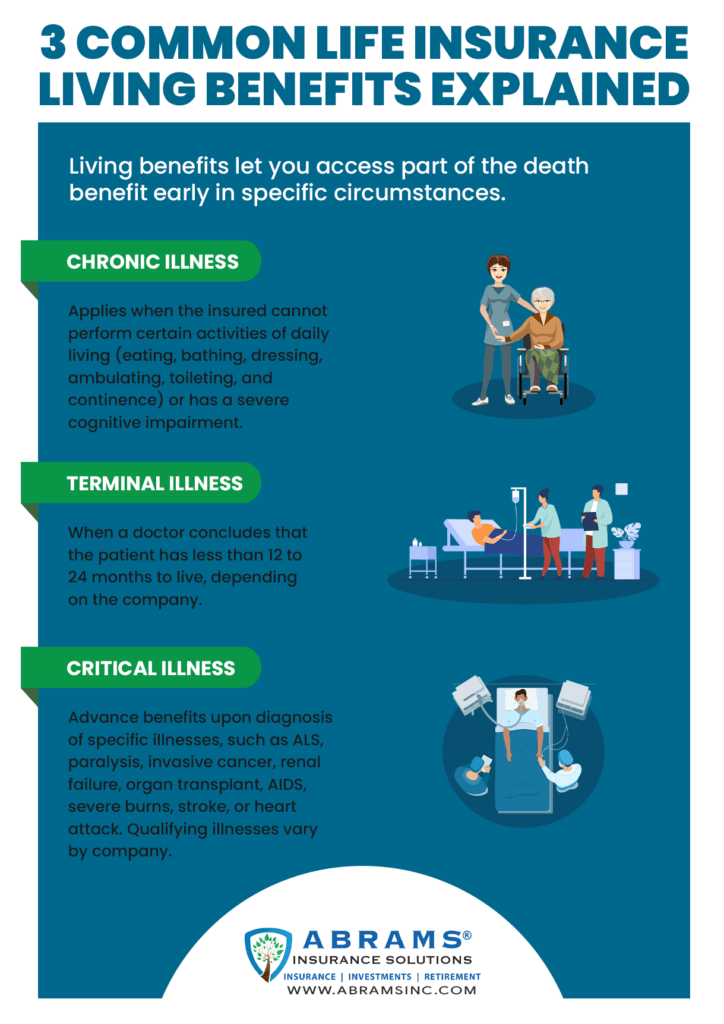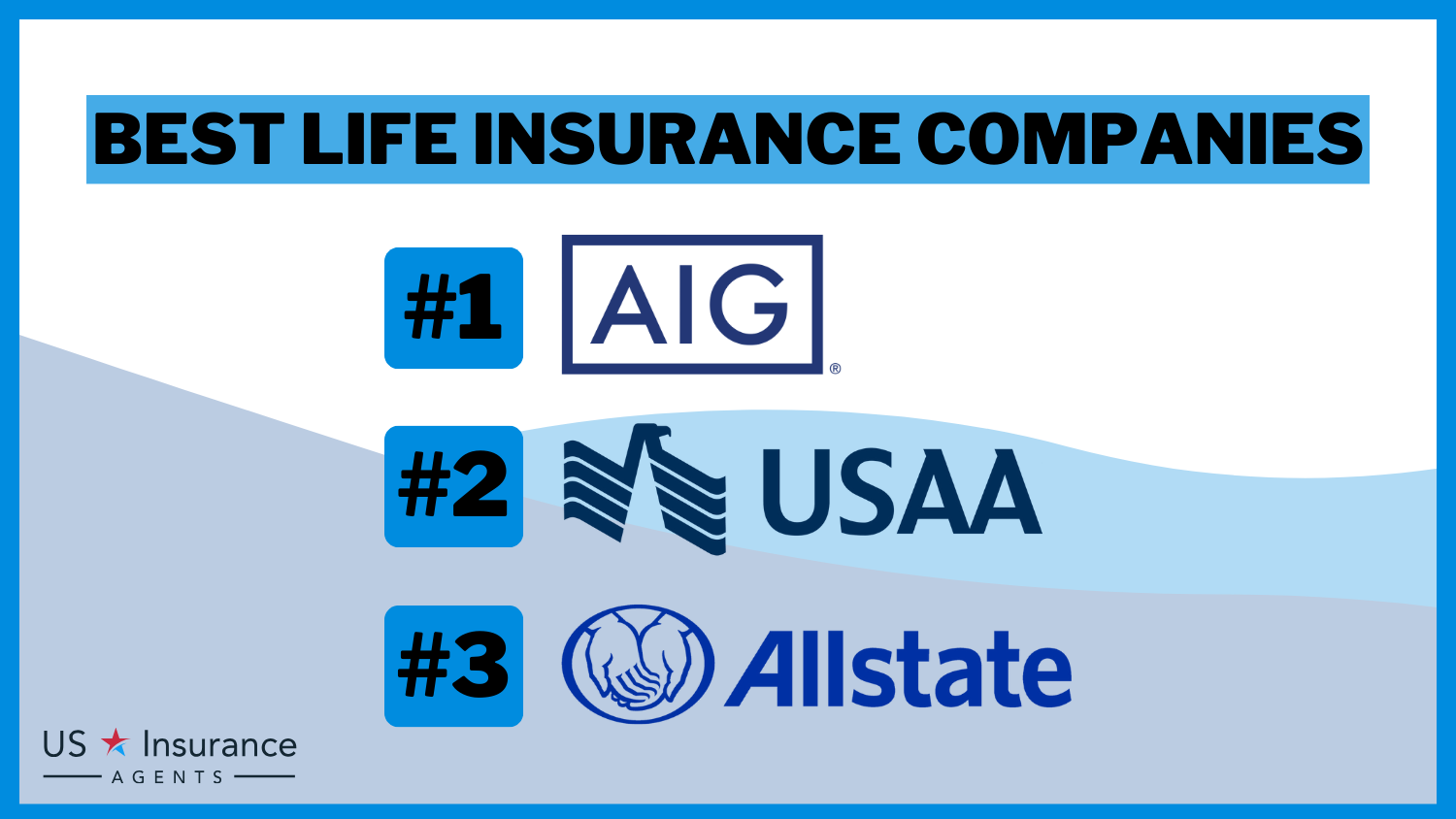An employer may be liable for an employee’s car accident if the accident occurred during the course and scope of the employee’s employment. This means that the employee was acting within the scope of their duties and was using the employer’s vehicle or equipment at the time of the accident.
There are several factors that courts consider when determining whether an employer is liable for an employee’s car accident, including:
* Whether the employee was acting within the scope of their employment
* Whether the employee was using the employer’s vehicle or equipment
* Whether the accident occurred during the course of the employee’s employment
If an employer is found to be liable for an employee’s car accident, the employer may be responsible for damages, including:
* Pain and suffering
* Medical expenses
* Lost wages
* Property damage
If you are involved in a car accident with an employee, it is important to determine whether the employer may be liable. You should contact an attorney to discuss your rights and options.
Employer Liability for Employee Car Accidents
Is an employer liable for an employee’s car accident? The answer is: it depends. An employer may be liable for an employee’s car accident if it occurs while they are performing their job duties. This liability can extend to accidents that occur while the employee is driving their own vehicle, a company vehicle, or a rental car. Several factors will determine whether an employer is liable for an employee’s car accident, including the nature of the employee’s job duties, the extent to which the employee was acting within the scope of their employment, and whether the employer had any knowledge of the employee’s unsafe driving habits.
Employer Liability for Employee Car Accidents
If an employee is involved in a car accident while performing their job duties, the employer may be liable for the damages caused by the accident. This liability can extend to injuries sustained by the employee, other drivers, and passengers, as well as damage to property. In order to establish liability, the plaintiff must prove that the employee was acting within the scope of their employment at the time of the accident. This means that the employee must have been performing their job duties, and the accident must have occurred during the course of their employment. Additionally, the plaintiff must prove that the employer had knowledge of the employee’s unsafe driving habits or that the employer should have known about the employee’s unsafe driving habits.
In some cases, an employer may be liable for an employee’s car accident even if the accident did not occur during the course of the employee’s employment. This can happen if the employer knew or should have known about the employee’s unsafe driving habits and failed to take steps to prevent the accident.
If an employee is involved in a car accident while driving their own vehicle, the employer may still be liable for the damages caused by the accident if the employee was acting within the scope of their employment. This can happen if the employee was driving to or from work, running errands for the employer, or meeting with clients or customers.
If an employee is involved in a car accident while driving a company vehicle, the employer is generally liable for the damages caused by the accident, regardless of whether the employee was acting within the scope of their employment.
If an employee is involved in a car accident while driving a rented car, the employer may be liable for the damages caused by the accident if the employee was acting within the scope of their employment and the employer had knowledge of the employee’s unsafe driving habits.
An employer’s liability for an employee’s car accident can be a complex issue. If you have been involved in an accident with an employee, it is important to speak to an attorney to discuss your legal rights.
Is an Employer Liable for an Employee’s Car Accident?
Life happens on the road, and sometimes that includes car accidents. But what if the person behind the wheel is on the clock? Is their employer on the hook? It’s a question that can send shivers down the spine of any business owner. The answer, unfortunately, is not always straightforward. Whether an employer is liable depends on a web of factors, and untangling them can be like trying to navigate a legal minefield.
Factors Determining Employer Liability
The key to determining employer liability lies in the murky waters of an employee’s job description. If the accident occurred while the employee was performing their work duties, the employer is more likely to be held responsible. So, if a delivery driver gets into a fender bender while making deliveries, the company is probably going to be on the hook.
But here’s where it gets tricky: not all work-related accidents are created equal. If an employee is running a personal errand or taking a detour for a coffee break, the employer might be able to avoid liability. It’s like the old saying, “If you’re on the clock, you’re on the job.” And when you’re on the job, your employer is responsible for your actions.
The time and place of the accident also play a role. If an employee gets into an accident while traveling to or from work, the employer is generally not liable. This is because the employee is not considered to be “on the job” during their commute. However, if the employee is running a work-related errand or is on call, the employer may be held responsible.
Ultimately, determining employer liability in a car accident is a complex balancing act that requires a close examination of the facts. It’s a question that can only be answered by a legal professional familiar with the nuances of employment law. So, if you find yourself in a car accident involving an employee, don’t hesitate to seek legal advice. It could save you a lot of headaches down the road.
Is an Employer Liable for an Employee’s Car Accident?
When an employee gets behind the wheel for work-related tasks, the question of liability in the event of an accident becomes a significant concern. Whether an employer is held responsible for the negligent actions of their employees on the road depends on various factors, including the scope of employment and the concept of vicarious liability.
Vicarious Liability
Vicarious liability is a legal principle that holds employers accountable for the wrongful acts or omissions of their employees committed within the course and scope of their employment. In other words, if an employee’s negligence while driving results in an accident, the employer may be held liable for any resulting damages. This principle stems from the idea that employers have a duty to ensure the safety of their employees and the public at large.
To establish vicarious liability, the following elements must be proven:
- The employee was acting within the scope of their employment.
- The employee’s negligent actions caused the accident.
- The employer had the right to control the employee’s work.
Determining whether an employee was acting within the scope of their employment can be tricky. The courts generally consider the following factors:
- Was the employee on the clock at the time of the accident?
- Was the employee performing job-related tasks?
- Was the employee following the employer’s instructions?
Vicarious liability is a complex legal issue with numerous exceptions and nuances. If you’ve been involved in an accident involving an employee driver, it’s crucial to seek legal advice to determine if the employer may be held liable.
Is an Employer Liable for an Employee’s Car Accident?
When employees are behind the wheel for work purposes, whether it’s driving company vehicles or using their personal cars, the question of employer liability looms large. After all, accidents happen, and when they do, who’s on the hook for damages? The answer lies in the legal doctrine of respondeat superior.
Respondeat Superior
Respondeat superior is a legal principle that imposes liability on an employer for the wrongful acts or omissions of employees committed within the scope of their employment. In other words, if an employee causes an accident while on the job, the employer could be held legally responsible.
Scope of Employment
The scope of employment is a key factor in determining whether an employer is liable for an employee’s car accident. Generally, an employee is considered to be acting within the scope of their employment if they are:
- Carrying out their assigned duties,
- Operating a company vehicle, or
- Using their personal vehicle for work purposes.
Exceptions to the Rule
There are a few exceptions to the respondeat superior rule. For instance, an employer may not be liable if the employee was:
- Acting outside the scope of their employment,
- Engaged in personal errands, or
- Under the influence of alcohol or drugs.
Employer Defenses
Even if an employee was acting within the scope of their employment, an employer may still have defenses to liability, such as:
- The employee was negligent or reckless,
- The accident was caused by a third party, or
- The employee was not properly trained or supervised.
Seeking Legal Advice
If you’re involved in a car accident with an employee of another company, it’s crucial to seek legal advice to determine whether the employer may be liable. An experienced attorney can help you navigate the complex legal landscape and protect your rights.
Is an Employer Liable for an Employee’s Car Accident?
As our roads grow more crowded and traffic accidents become increasingly common, it’s more important than ever to know who is financially responsible in the event of a car accident involving a company employee. Is the employer liable for an employee’s car accident? Let’s explore the legal landscape surrounding employer liability and provide you with the information you need to navigate these situations.
Scope of Employment
Generally speaking, an employer is only liable for an employee’s car accident if it occurs within the “scope of employment.” This means the employee must be carrying out their job duties at the time of the accident. For example, if a delivery driver is involved in an accident while making a delivery, the employer would likely be held liable. However, if the same driver was involved in an accident while driving home from work, the employer would not be liable.
Determining whether an employee’s actions fall within the scope of employment can be complex. Courts consider a number of factors, including:
- Whether the employee was acting in furtherance of the employer’s business
- Whether the employee was authorized to operate the vehicle
- Whether the employee was being paid for their time
- Whether the employee was using the company’s vehicle or their own vehicle
- Whether the employee was following the employer’s instructions
It’s important to note that even if an employee is acting within the scope of employment, the employer may not be liable if the employee was intoxicated or otherwise negligent. Additionally, some employers may have specific policies in place that limit their liability for employee car accidents.
Is an Employer Liable for an Employee’s Car Accident?
In the fast-paced world of today, vehicles have become an integral part of our daily lives, both personally and professionally. This raises the question: Who is responsible when an employee’s car accident occurs during work hours? As we delve into this legal labyrinth, we will explore the intricacies of employer liability and its exceptions.
Employer Liability: A General Overview
An employer’s liability for an employee’s car accident hinges on whether the accident falls within the scope of their employment. This means that the employee was performing their job-related duties at the time of the incident. For instance, if a delivery driver crashes while making deliveries, the employer may be held legally accountable.
Employer Liability Exceptions: When the Buck Doesn’t Stop Here
However, there are exceptions to this general rule. Let’s unpack some of the scenarios where an employer may not be held liable for an employee’s car accident:
1. Exceeding the Scope of Employment
An employee’s personal negligence might exceed the scope of their employment, absolving the employer of liability. For example, if a salesperson takes a detour to run personal errands and causes an accident, the employer might not be found liable.
2. Personal Vehicle Use
If an employee uses their own personal vehicle for work-related tasks without authorization, the employer may not be held responsible. This is because the employee is not considered to be "on the job" when operating their personal vehicle.
3. Driving Under the Influence
If an employee’s car accident occurs while they are driving under the influence of alcohol or drugs, the employer is generally not liable. The employee’s personal negligence in this case exceeds the scope of their job duties.
4. Intentional Acts
If an employee intentionally causes a car accident, the employer is not held liable. Such an act falls outside the scope of employment.
5. Independent Contractor Status
If the person involved in the car accident is classified as an independent contractor rather than an employee, the employer is not liable. Independent contractors are not considered to be under the direct control of the employer.
6. Vicarious Liability: Muddy Waters and Contributory Negligence
Vicarious liability, also known as respondeat superior, generally holds employers responsible for their employees’ negligent actions committed within the scope of their employment. However, if the employee’s contributory negligence, or partial fault, significantly contributed to the accident, the employer’s liability may be reduced or even eliminated. This requires a careful analysis of each individual case.
Is An Employer Liable For An Employee’s Car Accident?
The answer to this question depends on several factors. Generally speaking, an employer is not liable for an employee’s car accident if the accident occurs outside the scope of employment. However, there are some exceptions to this rule. Common exceptions are when an employer is negligent, intoxicated or reckless employee, employer control, and personal errands. Let’s analyze each in detail.
Employer Negligence
An employer may be negligent if they fail to provide proper training or supervision, or if they knowingly hire an unsafe driver. For example, if an employer hires a driver with a history of traffic violations, and that driver causes an accident, the employer may be held liable.
Intoxicated or Reckless Employee
If an employee is intoxicated or reckless while driving a company vehicle, the employer may be liable for any damages caused by the accident. To prove liability, the plaintiff must show that the employer knew or should have known that the employee was intoxicated or reckless.
Employer Control
In some cases, an employer may be liable for an employee’s car accident even if the accident occurs outside the scope of employment. This is true if the employer has control over the employee’s driving activities. For example, if an employer requires an employee to use a company vehicle for personal errands, the employer may be liable for any accidents that occur while the employee is driving the vehicle.
Personal Errands
If an employee is running a personal errand while driving a company vehicle, the employer is generally not liable for any accidents that occur. However, there are some exceptions to this rule. For example, if the employee is running the errand at the direction of the employer, the employer may be liable. Similarly, if the employee is using the company vehicle for personal errands with the employer’s permission, the employer may be liable.
Other Factors
In addition to the factors discussed above, there are a number of other factors that can affect whether an employer is liable for an employee’s car accident. These factors include:
Conclusion
The issue of employer liability for employee car accidents is a complex one. There are a number of factors that can affect whether an employer is liable, and the outcome of each case will depend on the specific facts involved. If you have been involved in an accident with a company vehicle, it is important to speak to an attorney to discuss your legal rights.




Leave a Reply